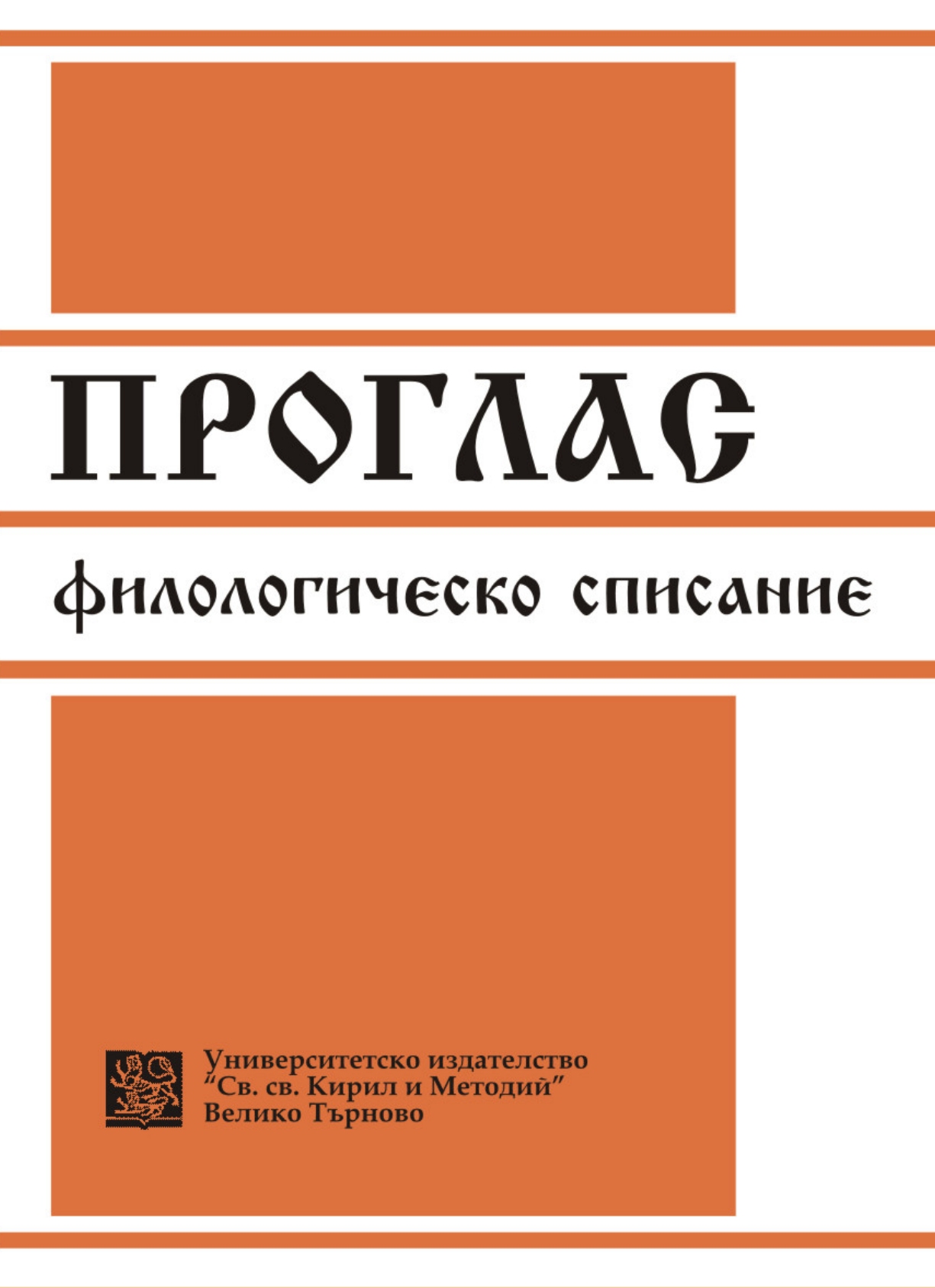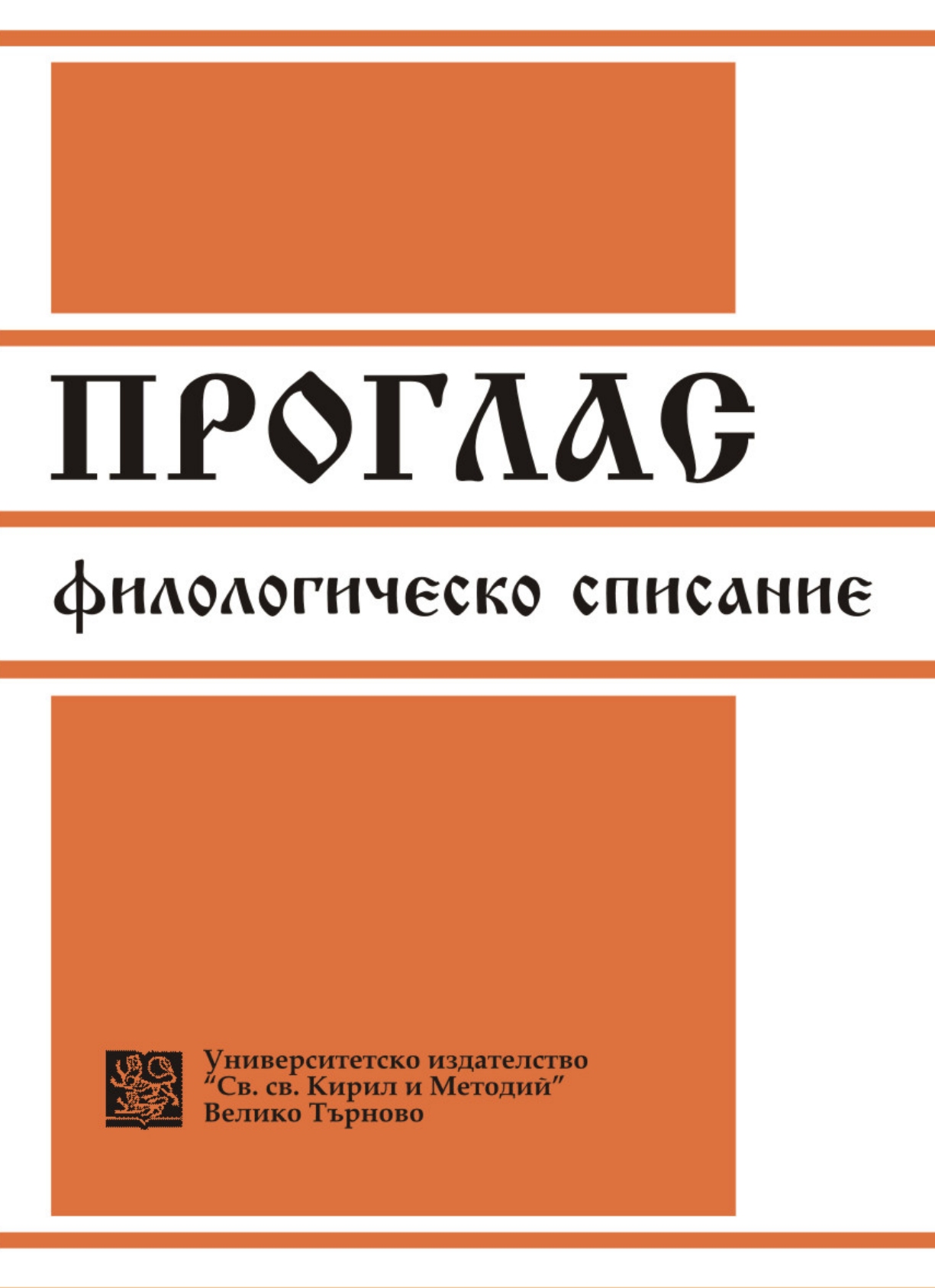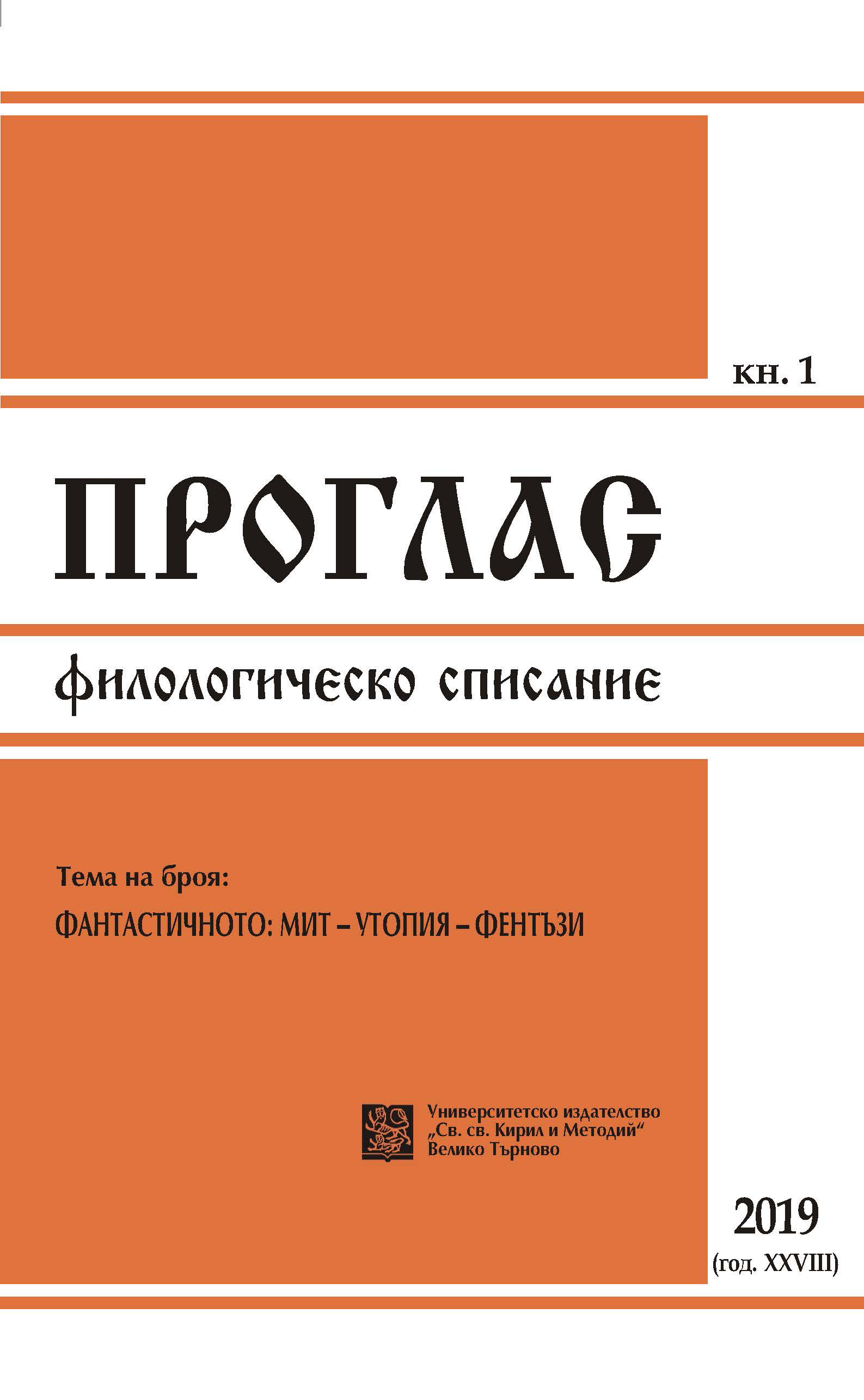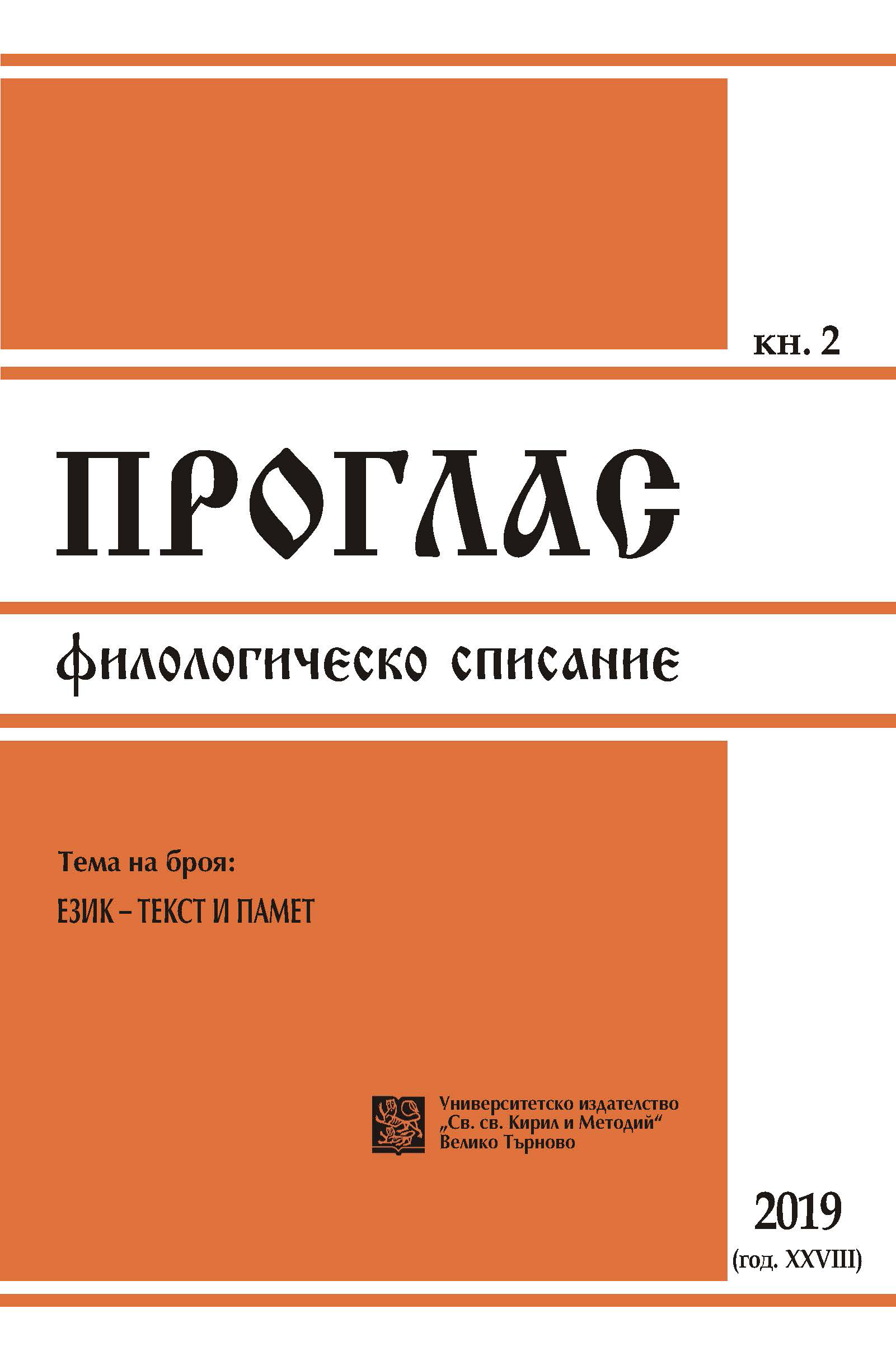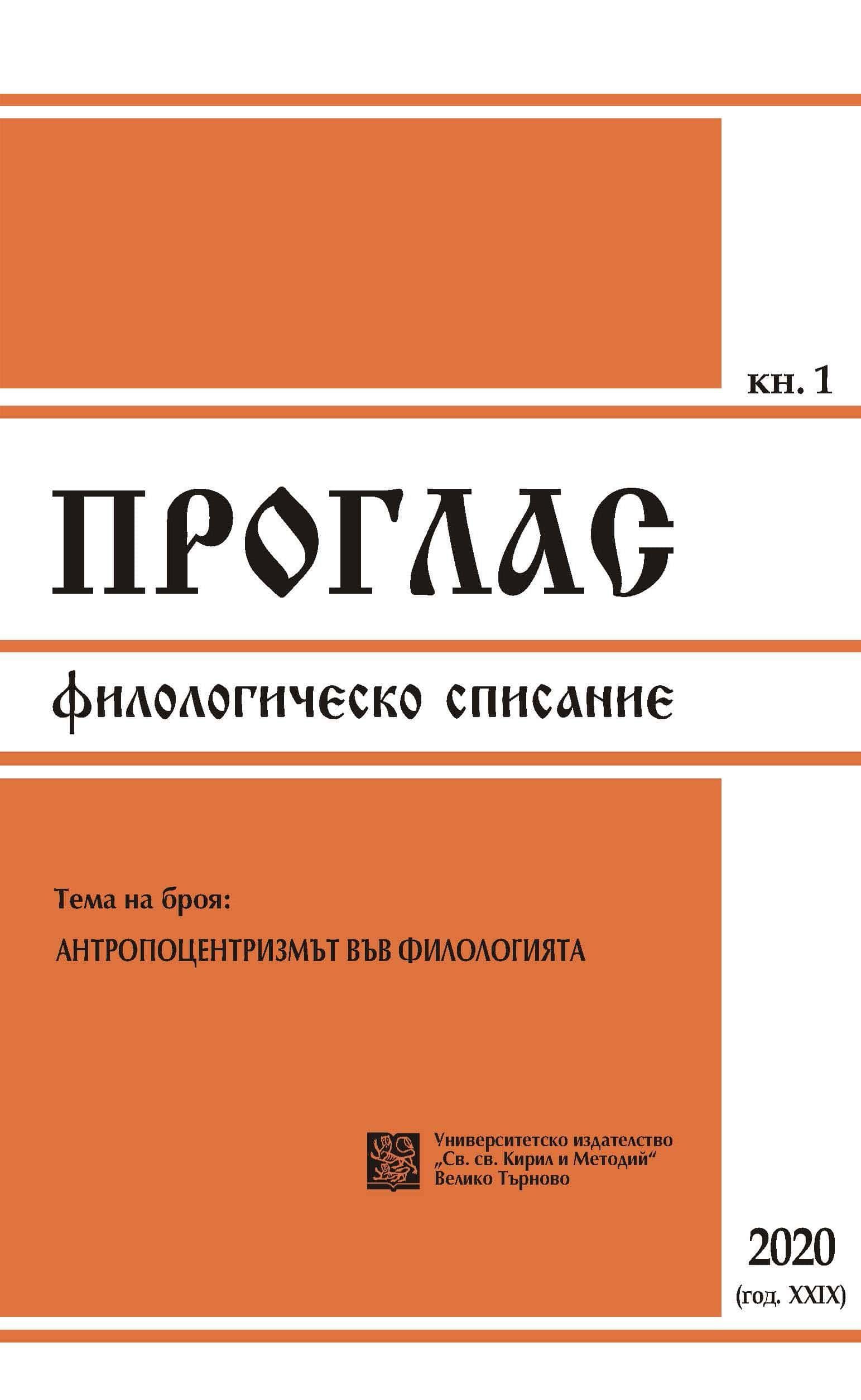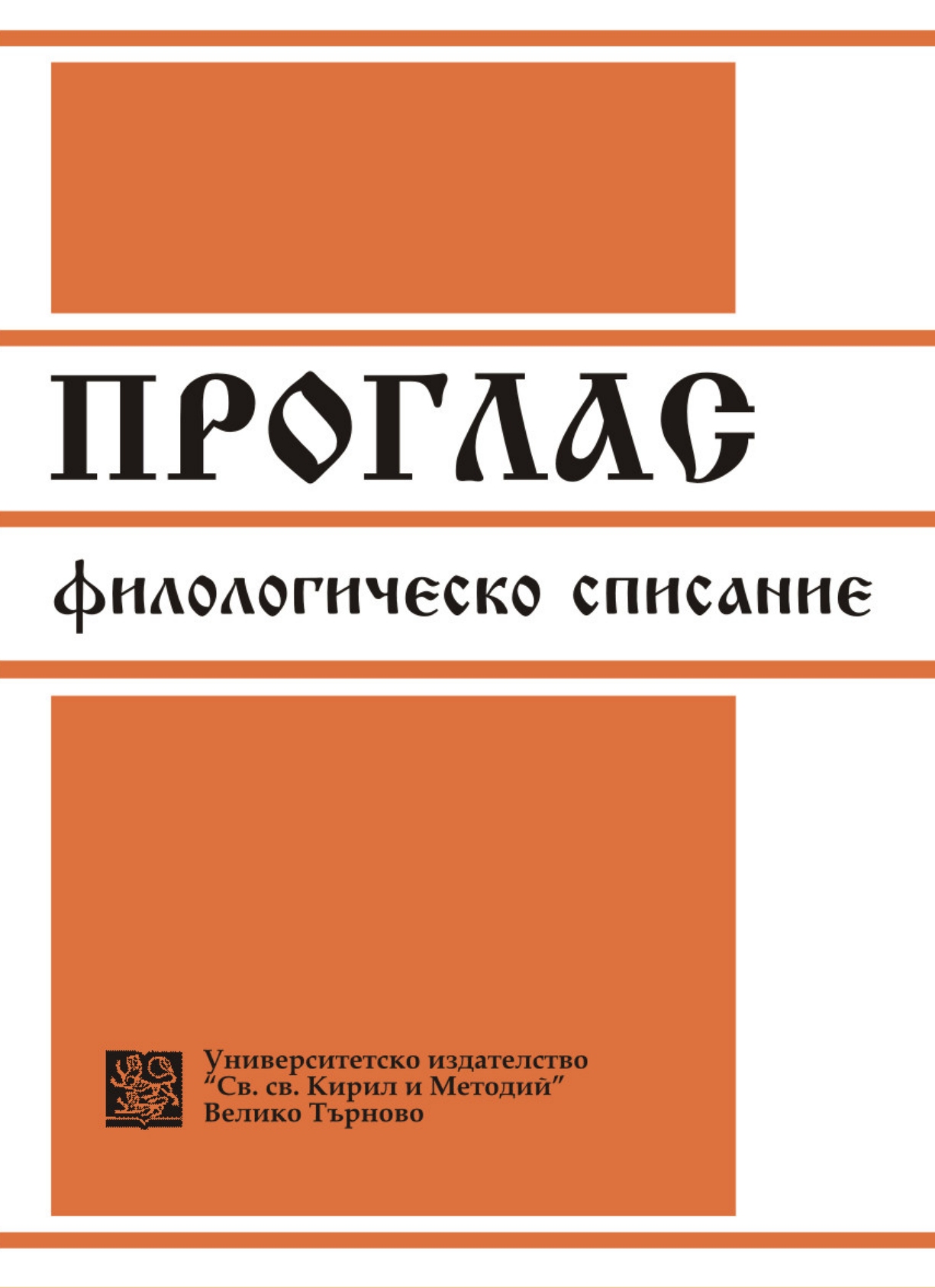
Създаване на софтуер за обучение по специализиран превод
The paper describes the structure and functionalities of the Multilingual terminology database of the Faculty of Classical and Modern Philologies (FCMP) at St. Kliment Ohridski Sofia University which was developed as a result of two applied science projects. Also presented are the ways the didactic potential of this modern technology tool can be used for developing market-relevant competencies for professional translators in specialized translation courses offered at FCMP, in particular as a part of the BA/MA program in German studies.
More...
